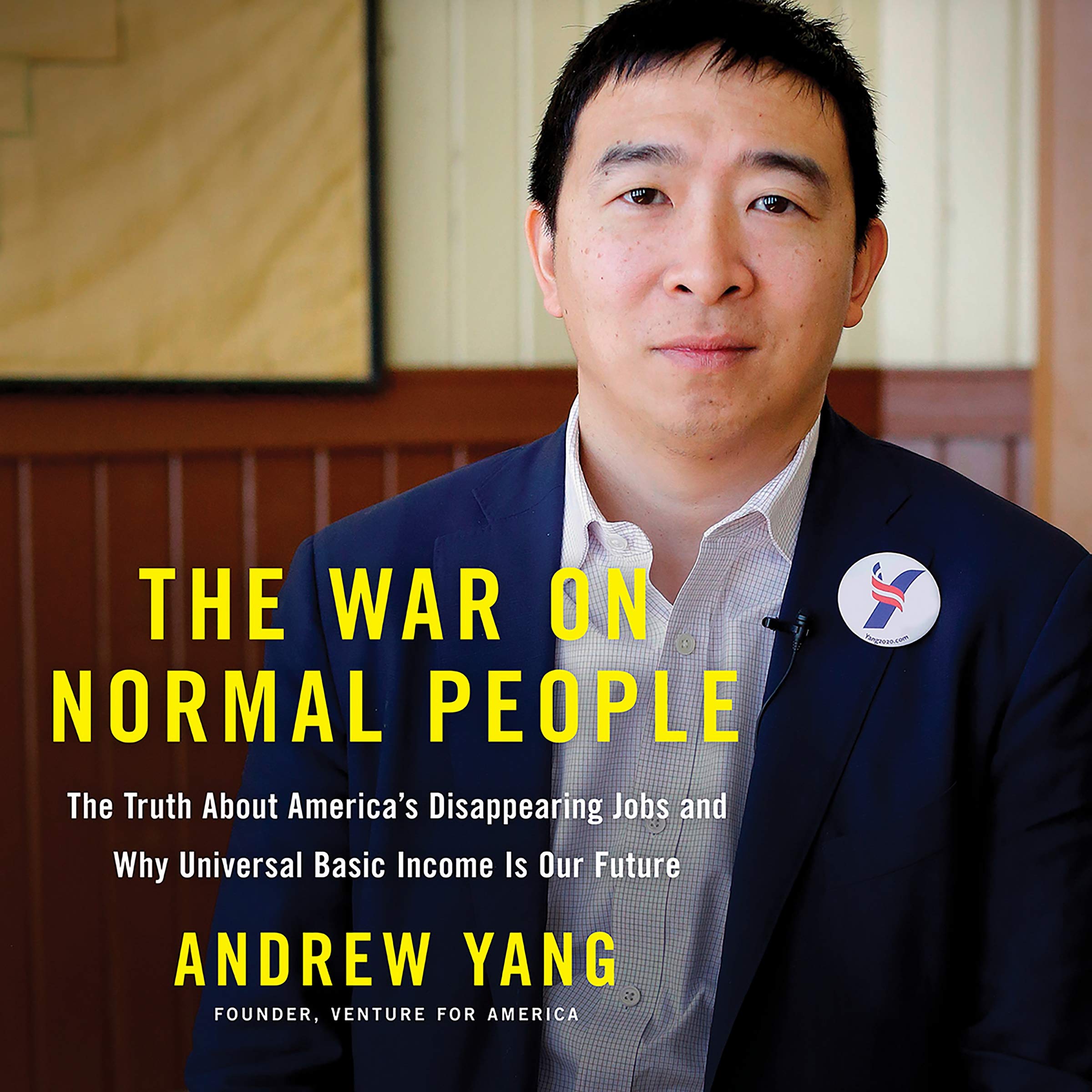Great Books of my 2020! #1
As I made it a resolution this year to spend more time on myself, I find myself burning through books faster and faster, almost on par to when I was in National Service. I have finished my most recent book today, enabling me to finish it in four days despite its complexity. If I finish another one by the end of this week it would mark the first time that I have managed to finish two books in a week in over 2 years, something that I take great pride in.

The books themselves have been quite perception-changing and something that I can mention in casual conversations should the other party be interested. Not wanting this sense of enlightenment to fade anytime soon I would like to spend this post, and the next few posts after if needed, to talk about the books and how they have changed the way I see the world. It is through these books that I feel that I realize a lot more about the world from my small little red dot on the map.
The War on Normal People by Andrew Yang

As I am writing this the presidential candidate has dropped out, but not without leaving his impression on the problem that America faces, as well as the solutions to it.
Yang describes the United States as a country that has lost its way. As of the present moment, CEOs get paid 276 times more than the lowest-paid worker in the country as compared to 20 times more in the 1960s. These CEOs have huge bonuses, salaries, and severance packages while the average Joe is left to fend for himself without any benefits and a meager annual salary of 25,000 USD a year. Trust in institutions is at an all-time low, while anxiety, depression and opium addiction stand at an all-time high.
Yang very accurately illustrates the problems found in American society and our apathy towards them as we start to adopt a "You take what's yours, and I'll take what's mine" attitude. Yang argues that Milton Friedman's world of profit maximization has led to antisocial behavior, work or academic stresses and an unhealthy level of competition between the youths and working-class individuals. At the same time, he argues the level of structural unemployment technology will bring in the near future and our lack of preparedness towards a future of what we should be embracing. Structural unemployment does not result in workers being retrained, it results in high unemployment and dissatisfaction, an increase in crime and drug rates as well as unwanted pregnancies.
Yang also addresses the common problems that arise from his solutions and assures you from the data that the benefits of a UBI do not result in high unemployment and free-riders that is told to us in economics class. What I like about Yang is that one of his solutions incentivize people to interact with one another using time banking methods in a society where drug usage, video gaming, and low self-esteem has led to high levels of antisocial behavior in particular communities.
It seems to me that Yang has what I feel should be at the core of human society: socially important activities such as parenting, therapy, and human interaction as well as a steady income and a mentality that "money isn't everything, and I should definitely not be spending all my time trying to make as much of it as possible". Yang points out that this should definitely be so in institutions that were created for the benefit of humanity, but have quickly devolved to be money hungry organizations such as private universities and hospitals.
I like this book a lot because it resonates with what I feel is important: not making as much money and living in luxury off the back of your subordinates, but rather generating an income to inject into the economy, whether in the form of higher wages or more jobs to leave a positive impact on your community. Of course, I feel that it is important to acknowledge that money isn't everything and that the main key to happiness is found in love and care for each other and the projects that you focus on in your leisure not because it makes money, but simply because it makes you happy.
There will be more book reviews in the next few posts.
Cheers,
Matthew Tan

Comments
Post a Comment